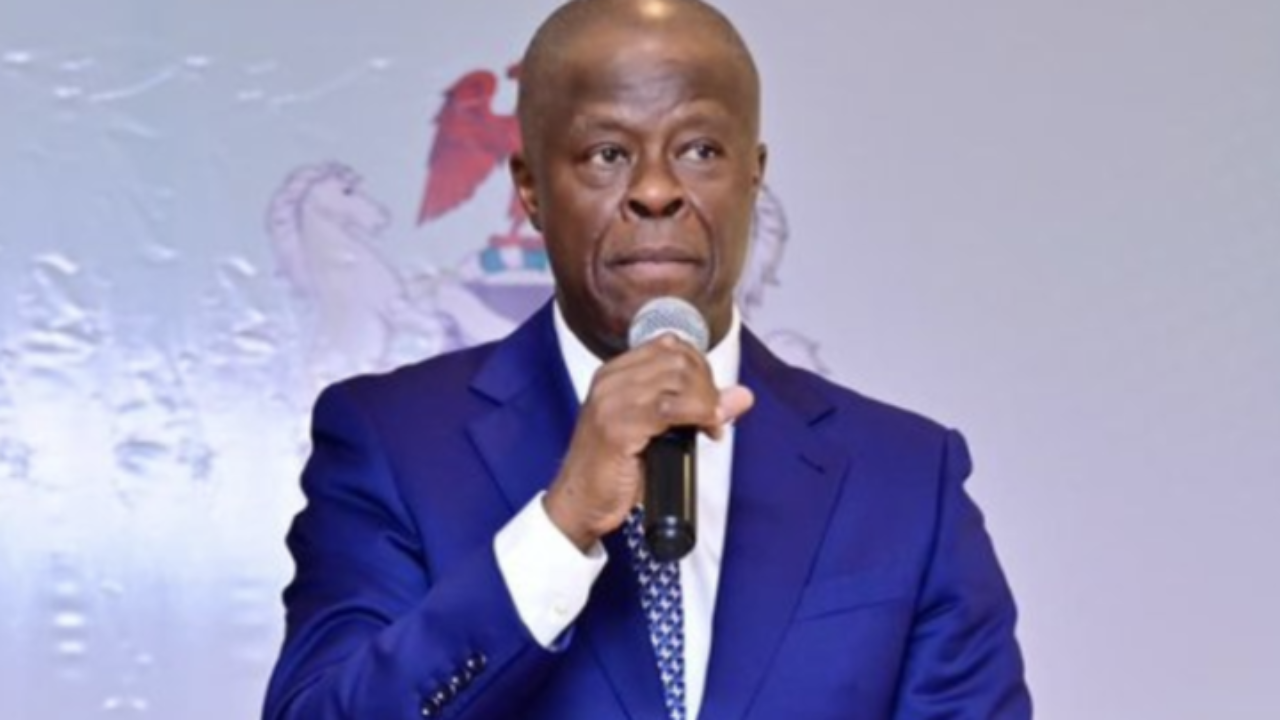Afrexim Bank’s latest report raises concerns that the proposed 5% tax on companies earning over N100 million for community development projects could result in the departure of multinationals from Nigeria.
The report, titled “Monthly Developments in the African Macroeconomic Environment,” highlights significant opposition from the private sector.
According to the report, “Nigeria’s National Assembly is considering a 5% levy on large companies to fund community projects, despite opposition from these companies and their supporters.
Critics argue that these companies already pay 20-30% of their profits in corporate taxes, and the new plan could prompt international companies to exit the market.”
The report also covers notable economic developments in Nigeria during June, such as the proposed injection of N2 trillion into the economy and increased mining charges and fees.
In a related move, Hon. Olumide Osoba of the House of Representatives introduced the Corporate Social Responsibility Bill 2023. This bill aims to establish high standards of corporate governance and ensure firms incorporate long-term economic, environmental, and social considerations into their business strategies.
READ ALSO: Nigerian banks face uncertainty over proposed 50% tax on forex gains
The bill proposes the creation of a department within the Federal Ministry of Budget and National Planning, to be headed by a commissioner appointed by the president based on the budget minister’s recommendation.
This commissioner would oversee CSR-related activities and monitor compliance with the law.
For non-extractive companies with a net worth of N500 million or a net profit of N100 million in a financial year, the bill mandates the formation of a CSR committee consisting of three or more directors, including at least one independent director.
This committee would be responsible for the company’s CSR policy and compliance.
However, the bill has faced significant rejection from the organized private sector. The Manufacturers Association of Nigeria (MAN), which participated in a public hearing organized by the parliament, described the proposal as ill-timed and unnecessary.
They argued that CSR should be at the discretion of each organization and highlighted the challenges posed by the current multiplicity of taxes and high operating expenses.
The bill’s 5% levy for community development is similar to the Petroleum Industry Act (PIA), which mandates oil companies to pay 3% of their operational costs to a trust fund for host community development.
Additionally, the amended Electricity Act of 2023 imposes a similar 5% levy on the annual operational costs of electricity generation companies for the development of host communities to address environmental concerns.

 Health4 days ago
Health4 days ago
 Football1 week ago
Football1 week ago
 Business1 week ago
Business1 week ago
 News1 week ago
News1 week ago
 Business7 days ago
Business7 days ago
 Football5 days ago
Football5 days ago
 Business7 days ago
Business7 days ago
 Comments and Issues1 week ago
Comments and Issues1 week ago

